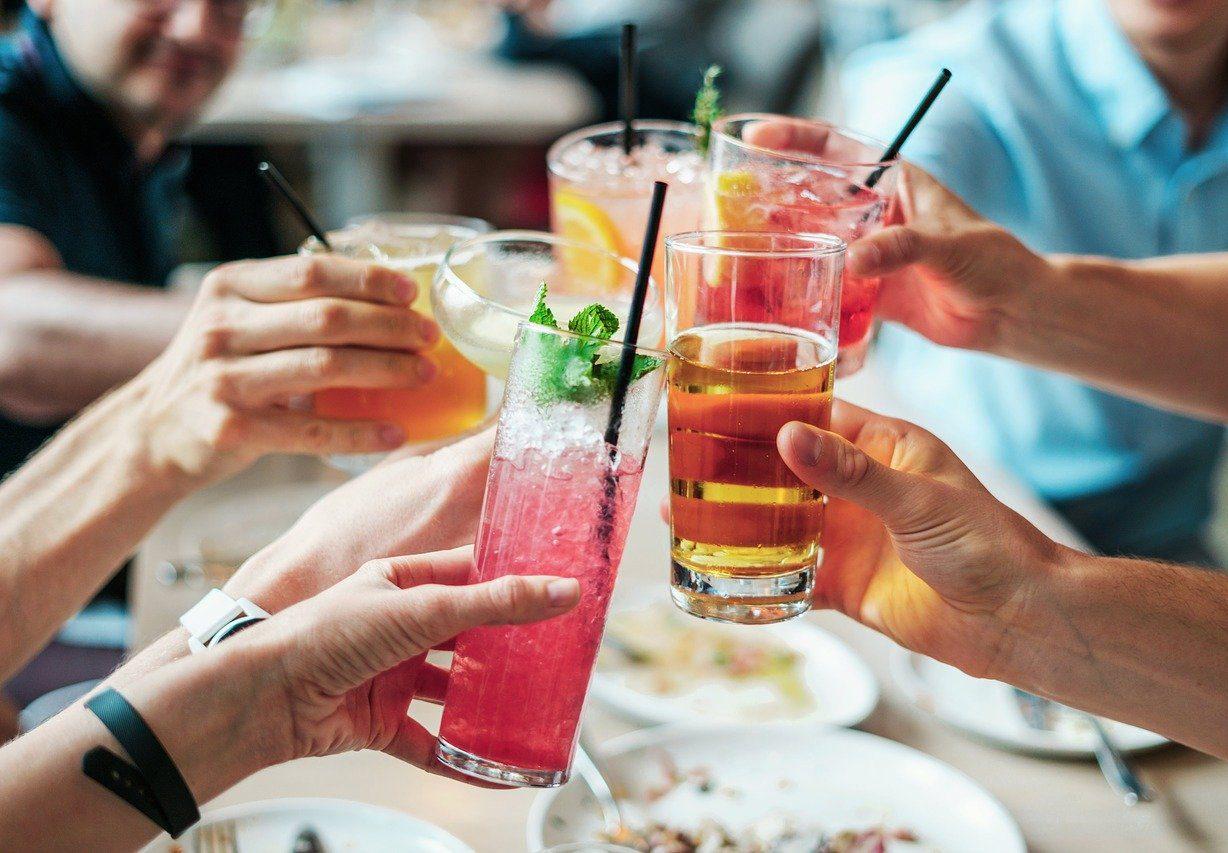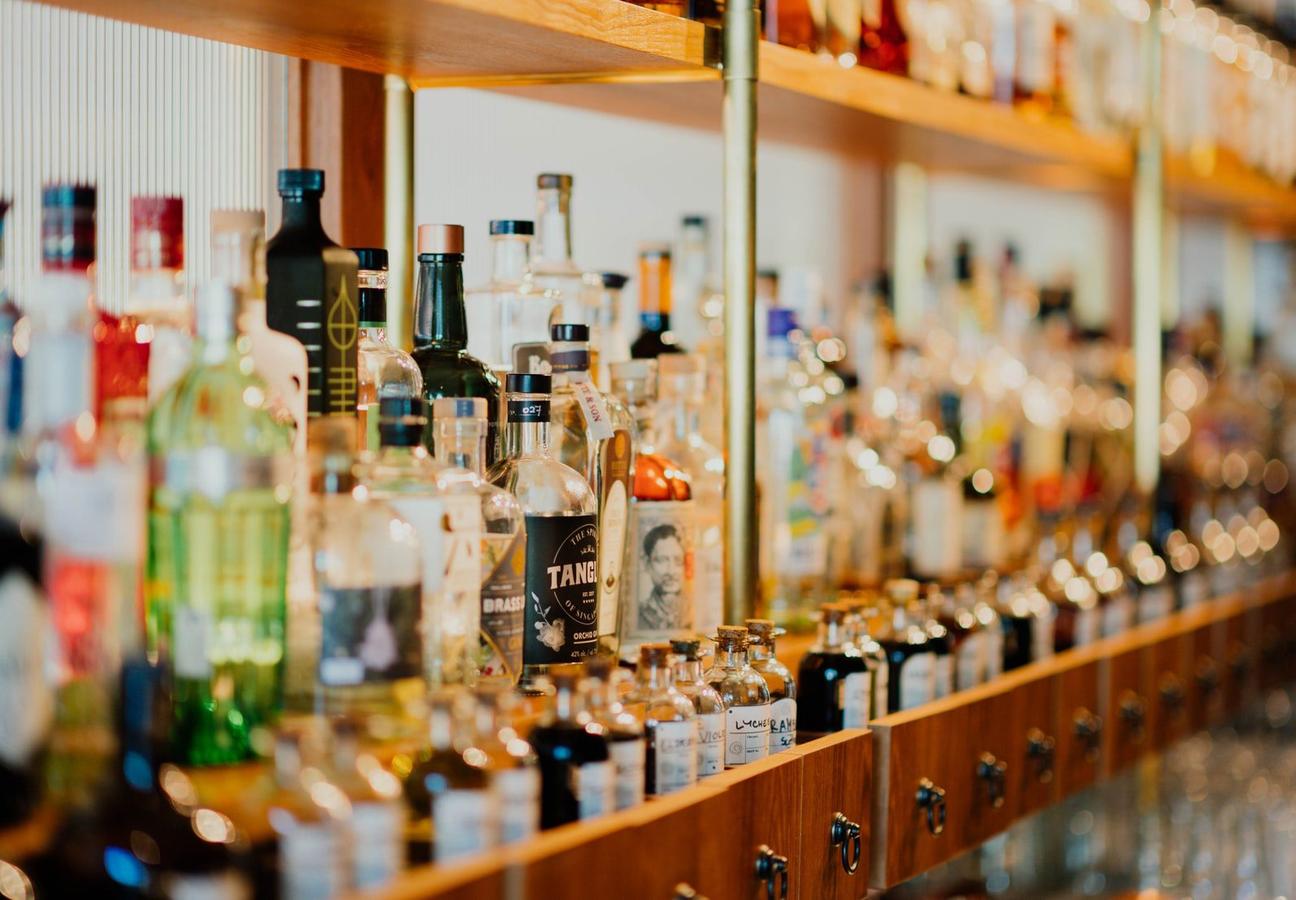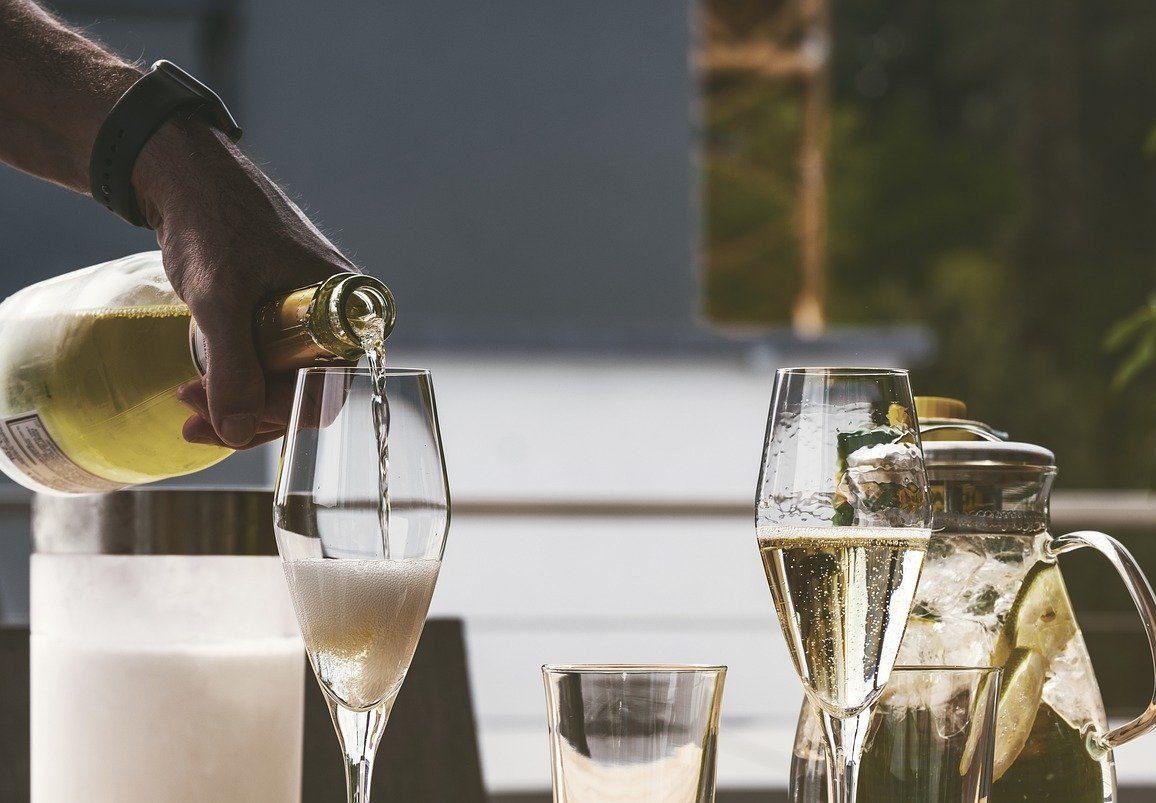How to avoid a hangover this summer
Fed up of spending all day in bed, crippled by nausea and headaches? Here's how you can avoid a hangover this summer...
There are few moments worse than those first few seconds when you wake up after a big night out: slumped on your side, hazy memories hovering just out of the reach of your consciousness. Then, one by one, all those memories come flooding back: each one like a red-hot poker drumming away at your head. Downing that pint at the bar, accompanied by cheers and applause; saying yes to that third shot at the club; becoming over-generous with your cocktail servings, until you and your guests were all seeing double. (There’s a chance a few embarrassing recollections might float unbidden to the surface of your memory, too — but we won’t lower the tone.)
"Just walking past a pub makes your knees buckle..."
The day progresses in a sea of nausea, headaches and a mouth drier than the proverbial desert. You feel indescribably fragile, as though you might shatter into a thousand pieces — and just walking past a pub makes your knees buckle. It’s known as a hangover, gents: one of the worst physical (and mental states) conjured up by humankind, and yet one that we’ve all found ourselves in time and time again.
Of course, you may have given your body a respite from the dreaded hangover over the past year or so, given how much time we’ve all been forced to spend at home. But the long-awaited Freedom Day may well be heralding in the return of the hangover; and it’ll be all the worse for the ferocious heat the UK is currently experiencing. So we spoke with four experts to find out how, exactly, alcohol affects the body — and how best to avoid a hangover this summer.
What happens to the body when we drink alcohol?

Well, for starters, there’s dehydration. “Alcohol acts as a diuretic, which means it promotes water loss through urine,” explains Dr. Stephanie Ooi, GP at leading private healthcare provider MyHealthcare Clinic.. “It does this by inhibiting the production of a hormone called vasopressin. Vasopressin tells your kidneys to reabsorb water, rather than flush it out through the bladder, if it’s needed by the body. As a result, we pass urine more frequently [when we’re drinking alcohol]; [but] if we lose more liquid than we’re drinking, we are at risk of becoming dehydrated.”
"Alcohol is a toxin that the liver needs to detoxify..."
Then there’s the effect on our livers; something that we all know we should take more seriously than we do, but which, as nutritionist Rohini Bajekal explains — is of the utmost importance.
“Alcohol is a toxin that the liver needs to detoxify,” says Bajekal. “When you consume alcohol, your liver makes metabolising the alcohol its priority; so it isn’t as efficient at doing its other jobs. When you consume too much alcohol in one sitting for your liver to process in a timely manner, it takes an immense toll on your body, starting with your liver as well as affecting other parts of your body such as your brain.”
What exactly is it that causes the hangover?
“As well as the actual alcohol itself, the main reasons why a hangover occurs is due to its dehydrating, diuretic properties — although there seem to be many reasons why hangovers occur,” Bajekal explains. “Alcohol is often combined with other mixers which can be high in sugar and caffeine, which seems to worsen hangovers due to their effects on dehydration.”
Other factors that result in that dreaded state we term the hangover include “sleep disruption, gastrointestinal irritation, and inflammation in the body,” according to registered dietician Fareeha Jay.
What are the ways a hangover can manifest?

If you’d describe yourself as a partying sort of gentleman, you’ll know the answer to this one all too well; but we wouldn’t be doing our scientific due diligence if we laid waste to our assumptions. Dr. Harriet Holme, registered nutritionist and founder of Healthy Eating Dr., explains hangover symptoms can include “tiredness; excessive thirst; headaches and muscle aches; nausea, vomiting and stomach pain; poor or decreased sleep; increased sensitivity to light and sound; dizziness; impaired concentration; mood disturbances; and rapid heartbeat.”
What exactly is going on in the body when we’re hungover?
As Jay explains, it all comes back to the liver. “After having alcohol, our liver converts it into acetaldehyde (toxic substance) which is then further converted to acetate, making it non-toxic,” she elucidates. “When we have alcohol in excess the liver may not be able to convert the acetaldehyde, which quickly builds it up in the body causing all the symptoms of the hangover.”
And ultimately, it’s the big ‘D’ word: dehydration, dehydration, dehydration, as emphasied by both Holme and Ooi, who says “dehydration symptoms are often what many people will associate with a hangover”.
What’s the best way to cure a hangover?

Ah — sorry, gents, we got your hopes up with that one; but there really isn’t any ultimate ‘cure’ for the dreaded hangover; no matter what you might have heard regarding the benefits of Coca Cola, charcoal (really) or the oft-touted ‘hair of the dog’.
“Hangover cures are a bit of a myth,” says Ooi. “Having the ‘hair of the dog’ is not recommended the morning after – morning drinking is risky, and it won’t improve your symptoms. [That said,] painkillers can help if you have a headache, while antacid medication can help if you have gastritis or reflux symptoms.”
"There is no silver bullet..."
Bajekal adds that “there is no silver bullet or cure for a hangover; and anyone who says otherwise is likely trying to sell you something that is too good to be true!” Shame.
But she does suggest that, “as alcohol is extremely dehydrating, opt for water-rich fruits and vegetables, such as watermelon, cucumber, salad greens and other fresh fruit and vegetables. Make sure you avoid trans fats, junk and ultra-processed foods, sugar-sweetened or caffeinated drinks, fruit juices, sugary foods such as cakes and biscuits, as these cause surges of insulin and blood sugar. Even if they provide a momentary pick-me-up, they often make you feel worse when you have a hangover.”
And the big question: what’s the best way to avoid a hangover?
For starters, you may want to be particularly careful when it comes to exactly what you choose to drink. “Do not drink dark coloured drinks if you’ve found you’re sensitive to them,” says Ooi. “They contain natural chemicals called congeners, which irritate blood vessels and tissue in the brain and can make a hangover worse.” Who knew? Certainly not us.
Holme echoes the need to avoid darker coloured drinks, and adds the need to avoid fizzy drinks — which, according to both Holme and Ooi, speed up the absorption of alcohol into the body.
And if you hadn’t guessed, there’s one particular recommendation that all four experts can’t emphasise enough. We’ll give you a clue: it begins with a W.
“Drink a pint or two of water before you go to sleep — this is the best time to rehydrate!”, says Ooi.
“Ensure you have a glass of water between each alcoholic drink,” says Bajekal.
“Make sure you drink plenty of water before going to sleep,” says Jay.
“Drink water alongside your alcoholic drink,” says Holme.
We’re guessing that’s solved the ‘how to avoid a hangover question’ — but just in case there’s any doubt, we’ll say it one more time.
Drink water, gents. Water, water, water: and you’re good to go.
In the mood for some more thought-provoking life lessons? Here’s how to know when it’s time to quit your job…
Become a Gentleman’s Journal member. Find out more here.

Become a Gentleman’s Journal Member?
Like the Gentleman’s Journal? Why not join the Clubhouse, a special kind of private club where members receive offers and experiences from hand-picked, premium brands. You will also receive invites to exclusive events, the quarterly print magazine delivered directly to your door and your own membership card.


